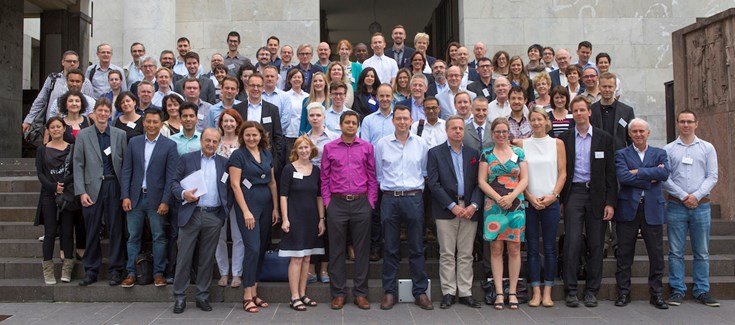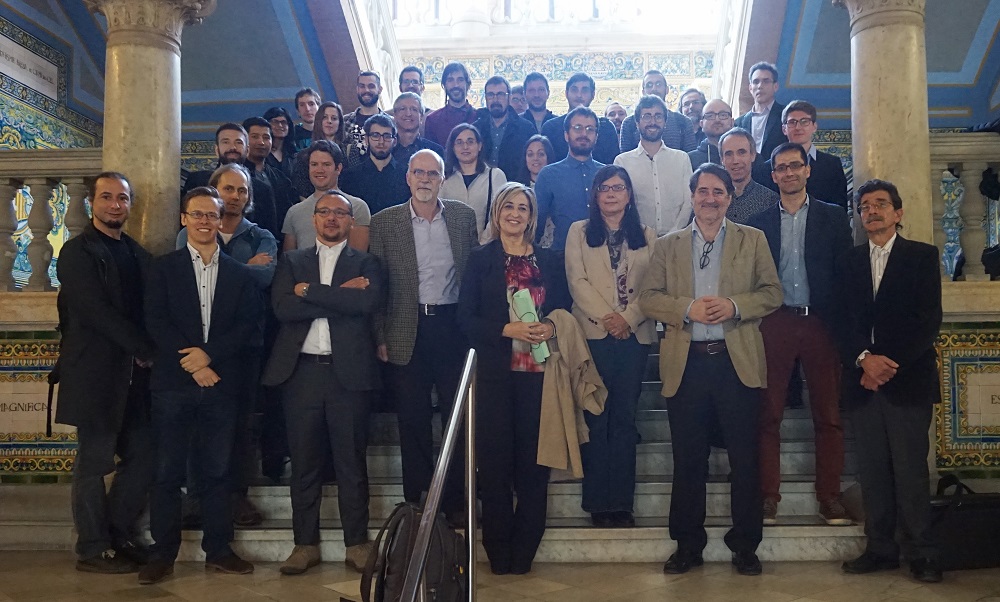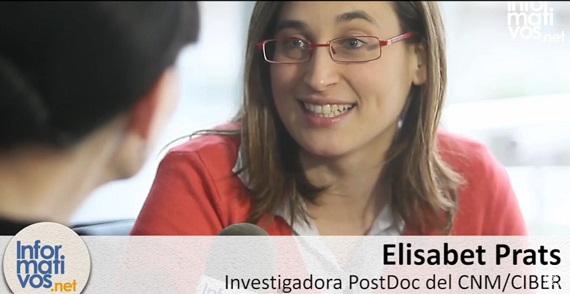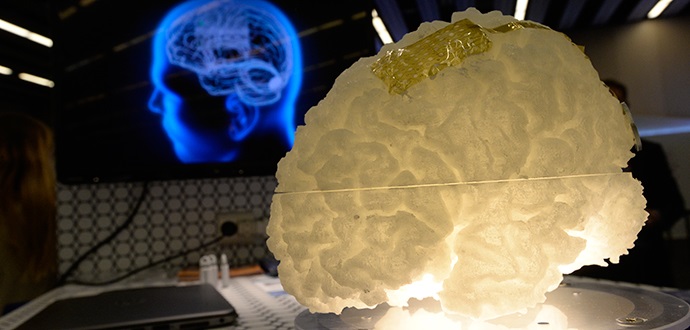Pablo Laguna and Jordi Aguilo, Scientific Directors of the Units 27 and 8 of NANBIOSIS participate in the European program Remote Assessment of Disease and Relapse in Central Nervous System Disorders (RADAR-CNS)
RADAR-CNS is an important European research program supported by the Innovative Medicines Initiative (IMI) focused to develop new ways of monitoring patients affected by major depression, epilepsy and multiple sclerosis, with the use of wearable technology and smart mobile phones.
This program brings together experts from various disciplines in clinical research, engineering, computer and data analysis, as well as health services. RADAR-CN aims to improve symptoms and quality of life of patients and treatment of these and other chronic diseases. This program is jointly led by King’s College London and the pharmaceutical company Janssen and is funded by the Innovative Medicines Initiative (a public-private agreement EFPIA and the European Union). RADAR-CNS involves 24 organizations in Europe and US, including CIBER through its thematic areas of Mental Health (CIBERSAM) and Bioengineering, Biomaterials and Nanomedicine (CIBER-BBN)
“In recent years, the quality and quantity of data that can be collected with the wearable technology and smart phones has increased a lot. The information generated with this large amount of data will help to improve clinical care by providing greater detail of the patient’s condition and prognosis of its evolution. Moreover, it will be possible to detect whether a patient is beginning to have problems before there is clinical evidence of it” says Dr. Jordi Aguilo, scientific coordinator of the Unit 8 of NANBIOSIS.
This huge generate data sets, suitable to be stored and treated so to retrieve the relevant information hidden in the data, frequently require computing systems and information systems of high performance. The Unit 27 of NANBIOSIS will be the platform in which this analysis will be performed.












